Higher booster shot coverage for the elderly, better management of new cases and medical resources, more efficient and accessible testing, and home treatment for COVID-19 are some essential prerequisites for China to adjust its existing policy to control COVID, a senior infectious disease expert said.
Without these preconditions, dynamic clearance remains the most optimal and responsible strategy for China as the country cannot risk the lives of its senior population by relaxing its anti-epidemic measures prematurely, said Wang Guiqiang, head of the infectious disease department at Peking University First Hospital.
The Chinese mainland reported 226 locally-transmitted confirmed COVID-19 cases on Saturday, of which 166 were in Shanghai and 33 were in Beijing, according to the National Health Commission's report on Sunday.
In a public seminar on Saturday, Wang, also a member of the national experts' team on treating COVID-19 cases, said the recent COVID-19 outbreaks in Hong Kong and Shanghai have shown that the Omicron variant can pose a serious threat to the elderly, particularly those who are unvaccinated and have underlying health conditions.
"If China wants to reopen, the No 1 prerequisite is to lower the death rate of COVID-19 outbreaks, and the best way to do so is by vaccination," he said.
The Hong Kong Special Administrative Region's public health data showed that as of Saturday, the overall case fatality rate of the Omicron epidemic was 0.77 percent, but the figure rose to 2.26 percent for the unvaccinated or those who did not complete their vaccinations.
A total of 9,147 people had died in the city's latest outbreak as of Saturday, the vast majority of them seniors age 60 and older. For those above age 80, the mortality rate was 13.39 percent if they did not receive or complete their immunization shots.
As of Thursday, more than 228 million seniors above age 60 on the Chinese mainland had been vaccinated, of whom 216 million had finished the full inoculation course and about 164 million seniors had received a booster shot, said the National Health Commission. The Chinese mainland had around 264 million people in this age group as of November 2020.
Crucial protection
"Expanding vaccine and booster shot coverage for the elderly, especially those above age 80, is absolutely crucial for protecting them from severe illness and death," Wang said.
China is already developing vaccines that are designed specifically for the highly transmissible Omicron variant. Earlier this month, China National Biotech Group, a subsidiary of Sinopharm, began clinical trials for its Omicron vaccine in Hangzhou, Zhejiang province.
Since vaccine protection against the coronavirus can wane over time, it is very likely and necessary that people, including those who have received a booster shot before, get their immunity boosted again with the Omicron vaccine once it comes out, Wang added.
Apart from vaccination, Wang said it is critical to have a more optimized COVID-19 outbreak response mechanism to safeguard the nation's healthcare system.
For instance, there should be clearer rules on who and how people should be quarantined at home so community workers can properly manage and serve the quarantined population, and so that hospitals do not get overwhelmed by an influx of infected patients.
"It is imperative that hospitals can provide important medical services for other patients during a COVID-19 flare-up. If this operation is disrupted by a flock of new patients, it may lead to indirect casualties, which is unacceptable," he said.
Community workers should also keep track of the status of the elderly and those with special medical needs in quarantine, so medical workers can promptly provide medical assistance if needed, he added.
In addition, the public will need more affordable and accessible antiviral treatments, Wang said. The current monoclonal antibody treatment requires intravenous injection in a hospital setting, and Pfizer's COVID oral pill Paxlovid has a hefty price tag of 2,300 yuan ($338.7).
"I hope more of our drugs, as well as traditional Chinese medicine, can play a bigger role in combating the epidemic," he said. "If we have access to a potent and affordable treatment, then we will have the confidence to reopen."
Important prerequisites
Meanwhile, improving the accuracy of rapid antigen self-testing kits and expanding nucleic acid test access and capability at the community level are also important prerequisites for reopening, Wang said.
"Generally speaking, now is not the time for China to reopen. As a result, we need to uphold the dynamic clearance strategy and protect seniors with underlying health issues," he said.
Lei Zhenglong, deputy director of the National Health Commission's Bureau of Disease Prevention and Control, reiterated on Friday that after battling the COVID-19 epidemic for over two years, the dynamic clearance strategy has proved to be effective at protecting public health, and it is the best option for China given the current situation.








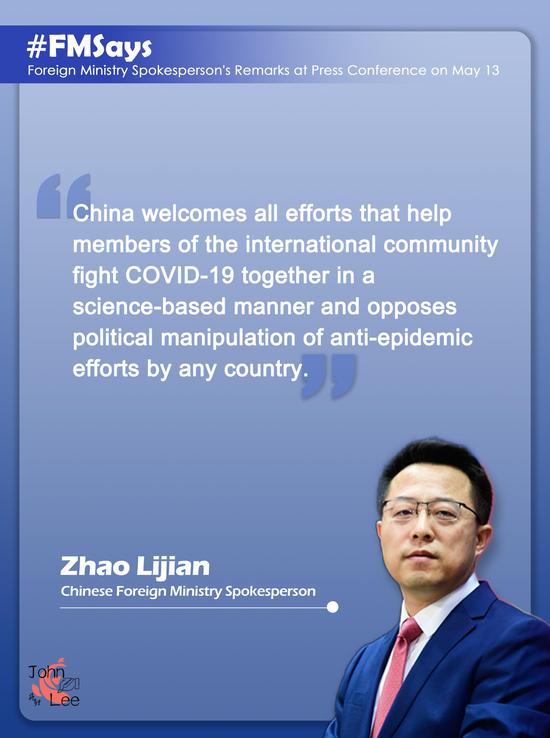
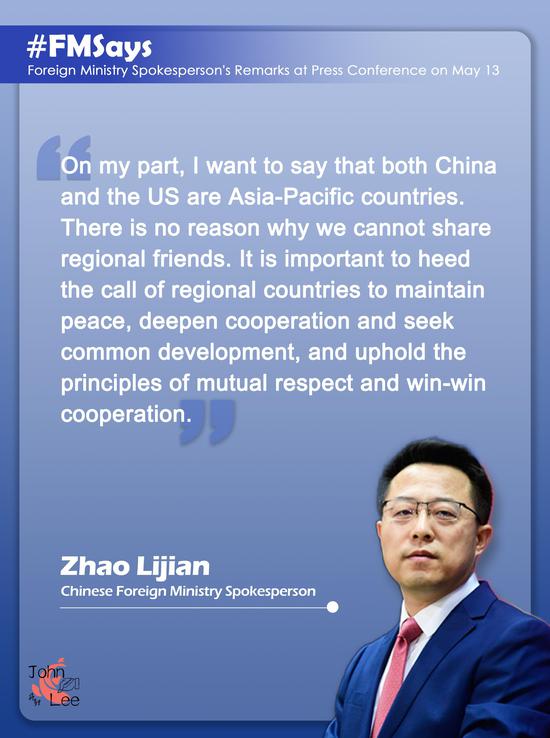
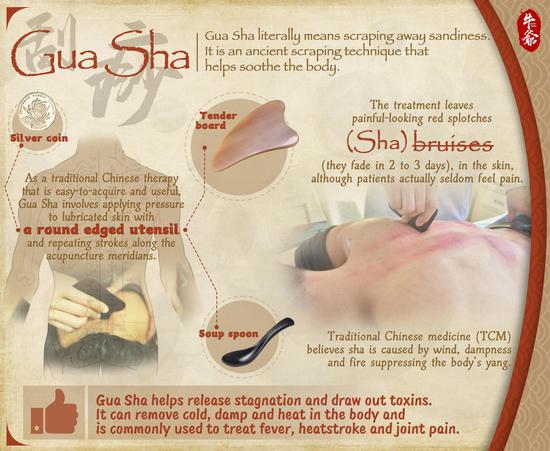

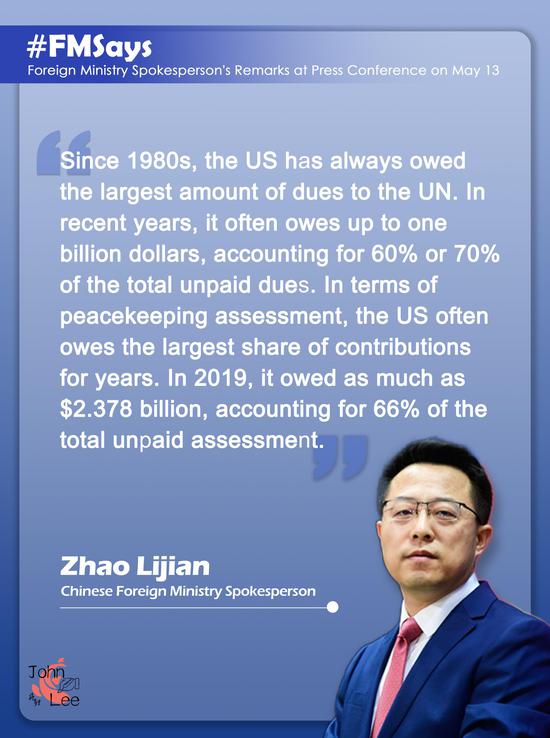
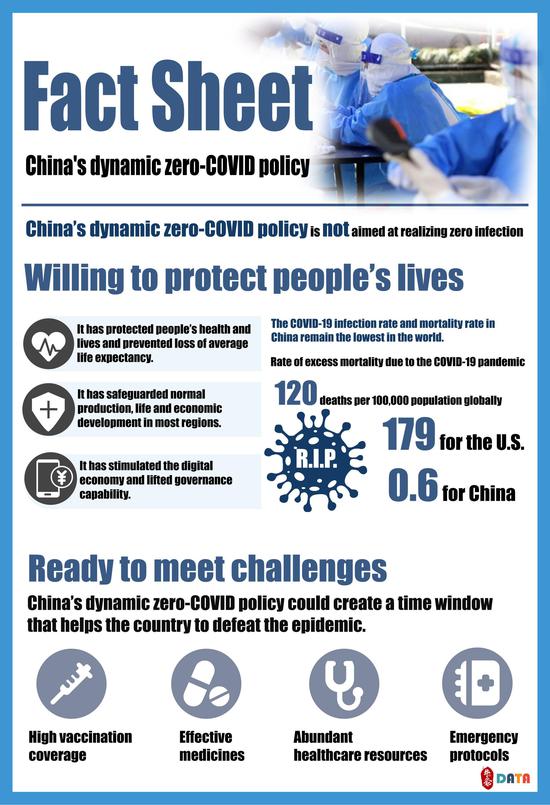
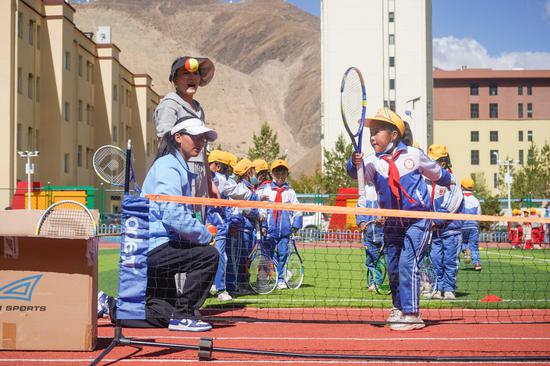
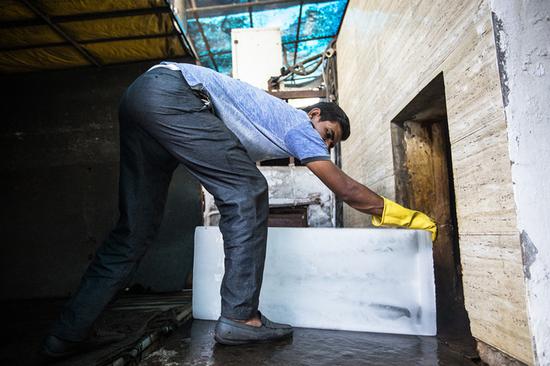
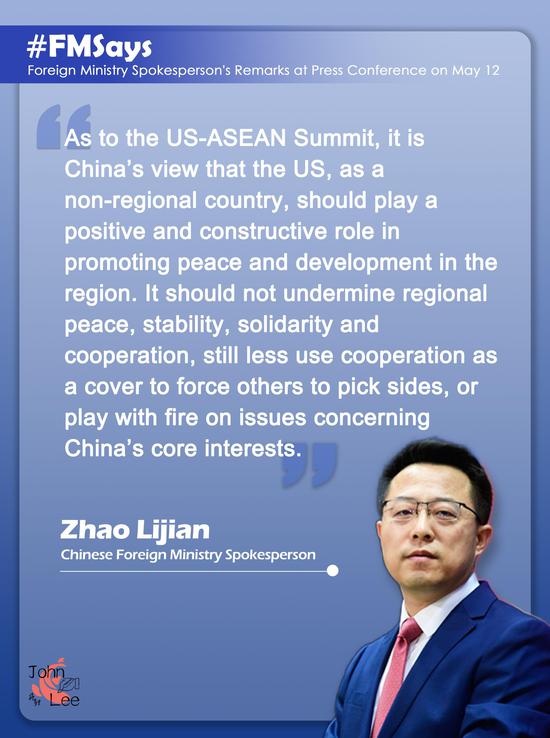
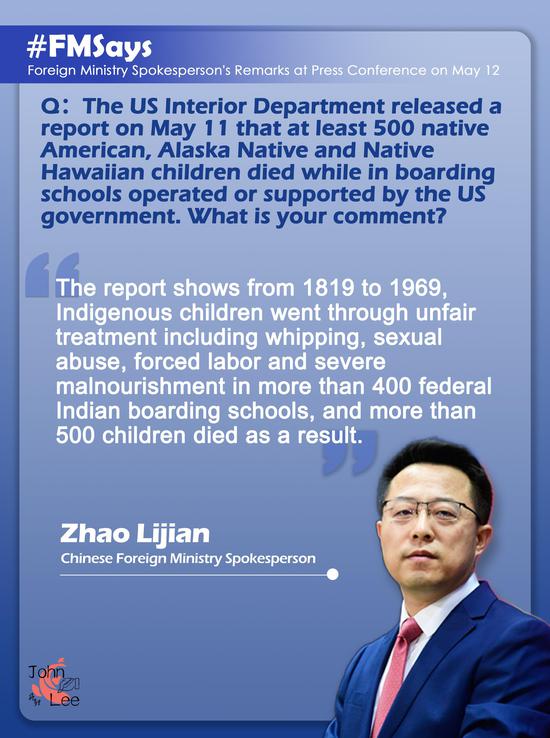
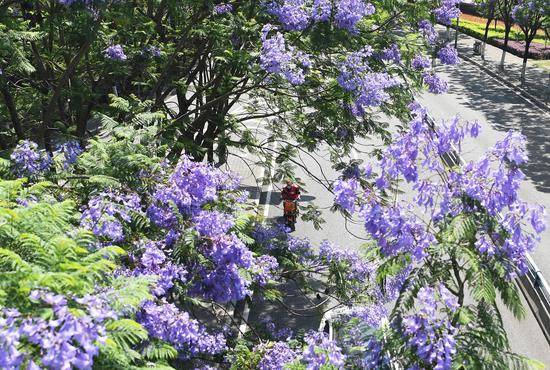
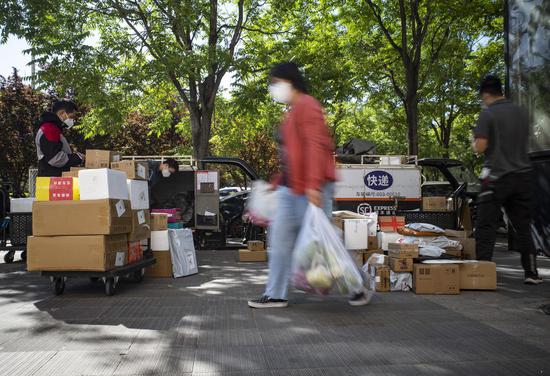



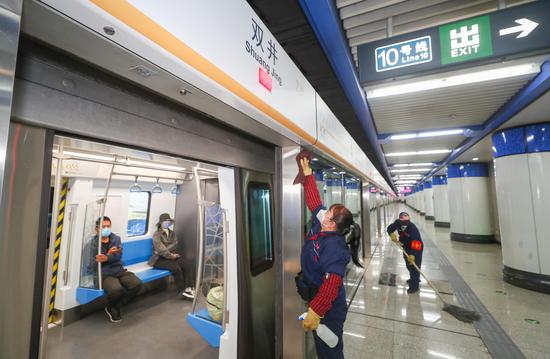
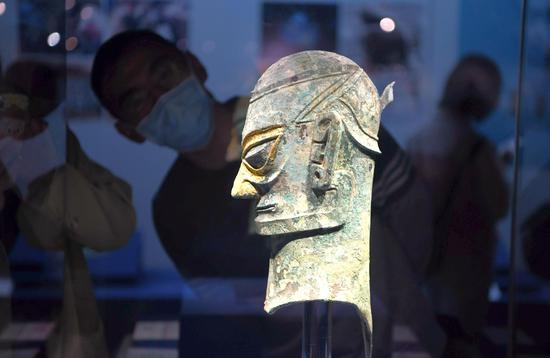
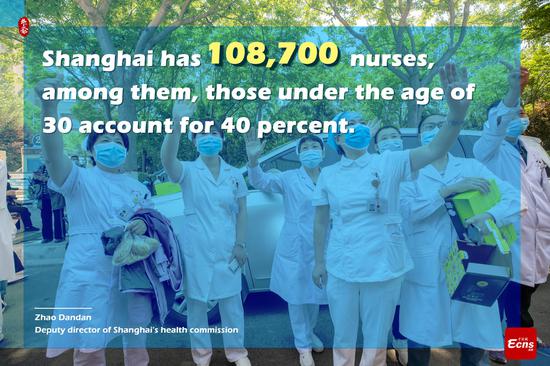
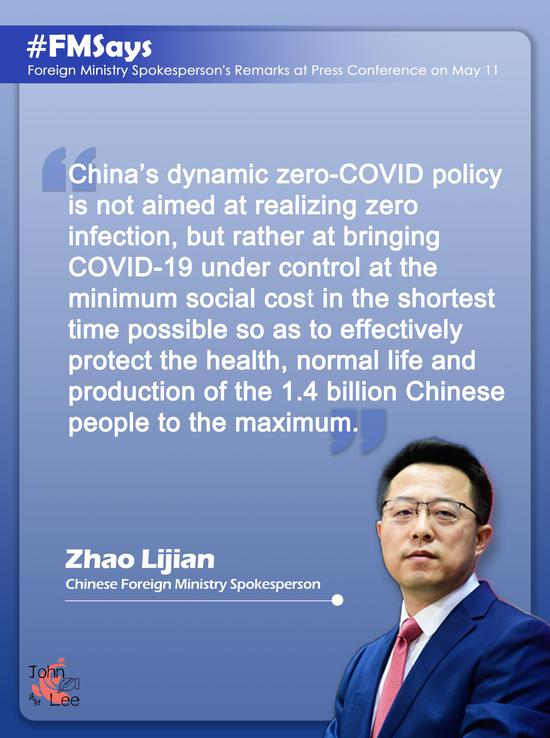
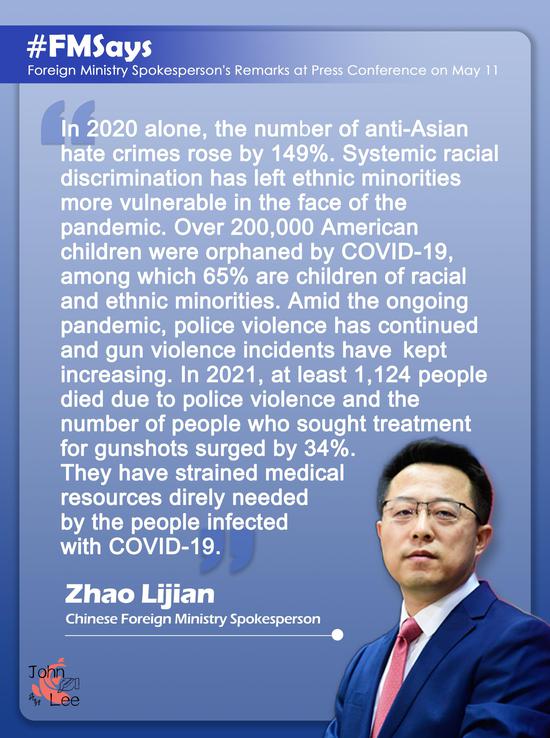
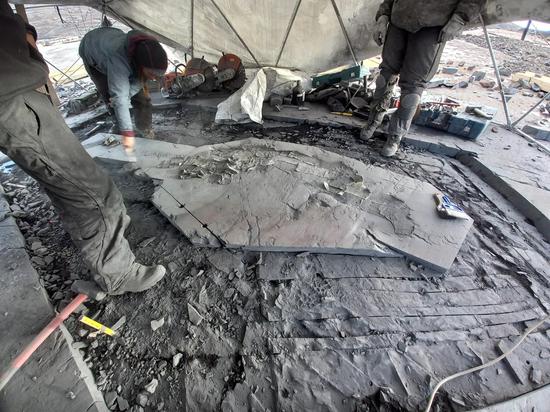
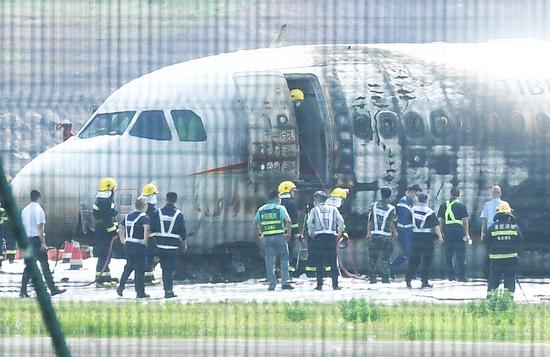
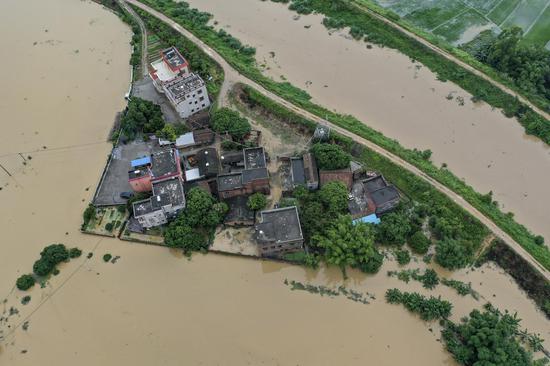
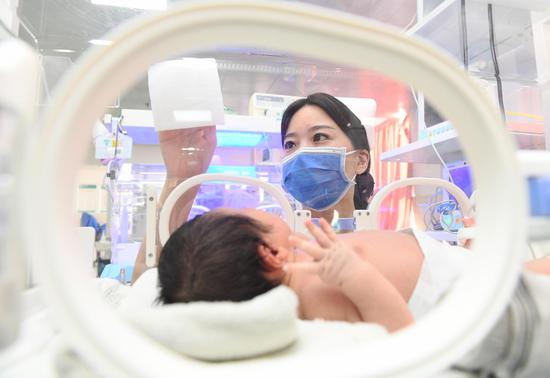

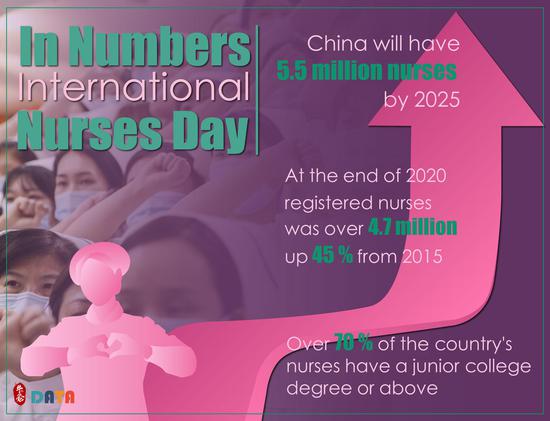
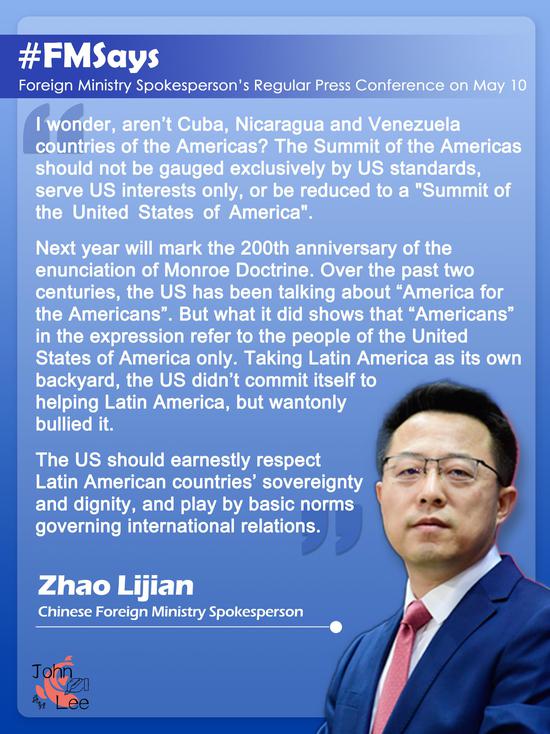
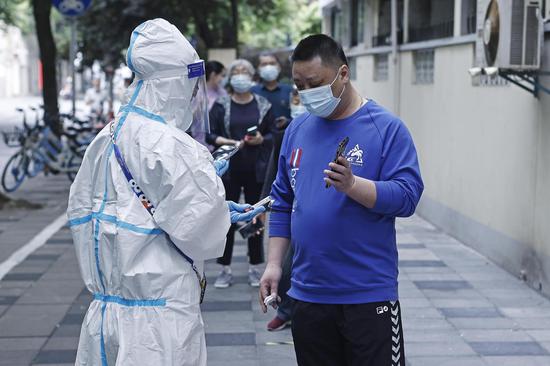
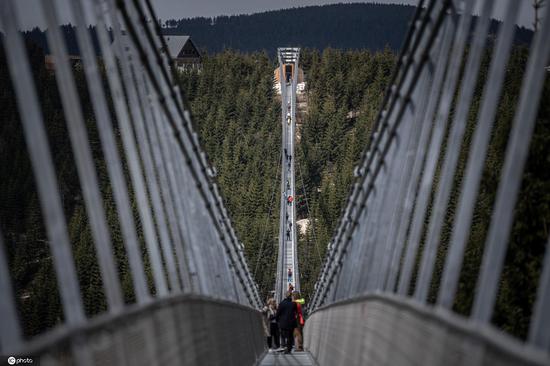
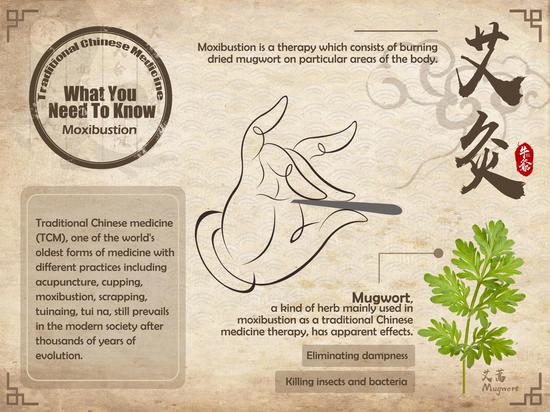
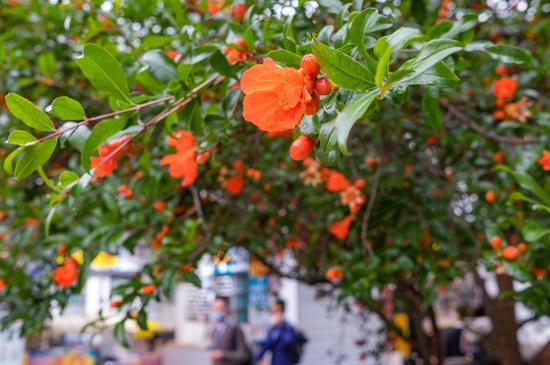

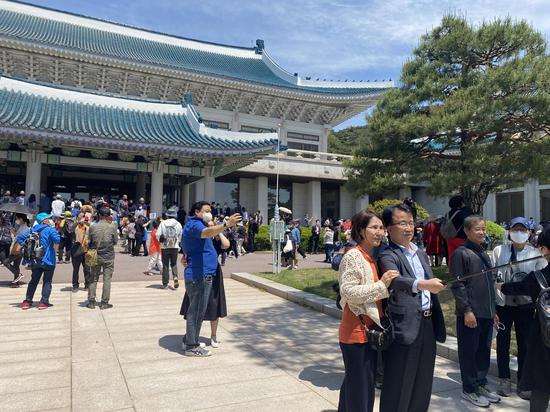

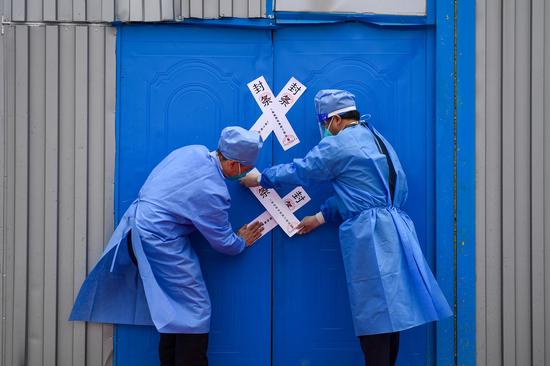
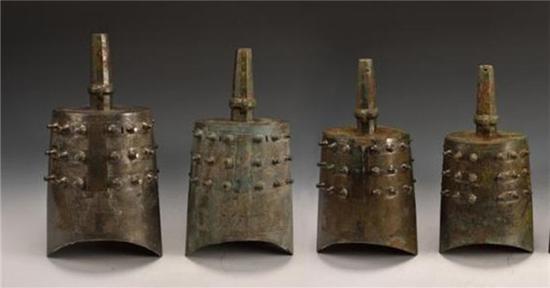






 京公網安備 11010202009201號
京公網安備 11010202009201號